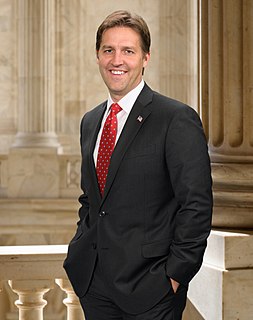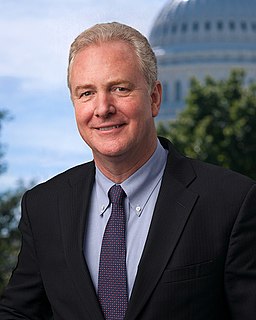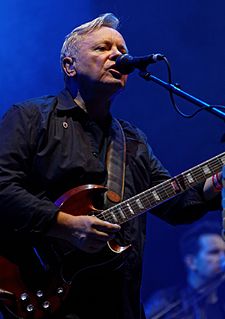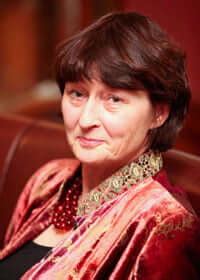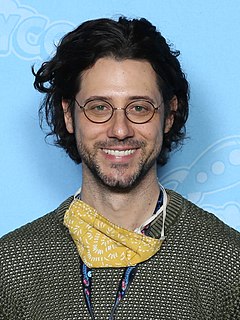A Quote by Louise J. Kaplan
Adolescence is the conjugator of childhood and adulthood.
Quote Topics
Related Quotes
Adolescence is a relatively recent thing in human history -- a period of years between the constraints of childhood and the responsibilities of adulthood. This irresponsible period of adolescence is artificially extended by long years of education, much of it wasted on frivolities. Tenure extends adolescence even further for teachers and professors.
I feel that adolescence has served its purpose when a person arrives at adulthood with a strong sense of self-esteem, the ability to relate intimately, to communicate congruently, to take responsibility, and to take risks. The end of adolescence is the beginning of adulthood. What hasn't been finished then will have to be finished later.
It is not however, adulthood itself, but parenthood that forms the glass shroud of memory. For there is an interesting quirk in the memory of women. At 30, women see their adolescence quite clearly. At 30 a woman's adolescence remains a facet fitting into her current self.... At 40, however, memories of adolescence are blurred. Women of this age look much more to their earlier childhood for memories of themselves and of their mothers. This links up to her typical parenting phase.
With tremendous clarity and wisdom, Daniel Tomasulo has crafted a memoir at once heartbreaking and uplifting. Layers of time and memory—childhood, adolescence, early adulthood, middle age—are so beautifully revealed here, a trenchant reminder that our pasts are alive inside of us. There are psychologists who can write, and writers who can psychologize, but rarely have the two met on the page with such moving, profound results.


